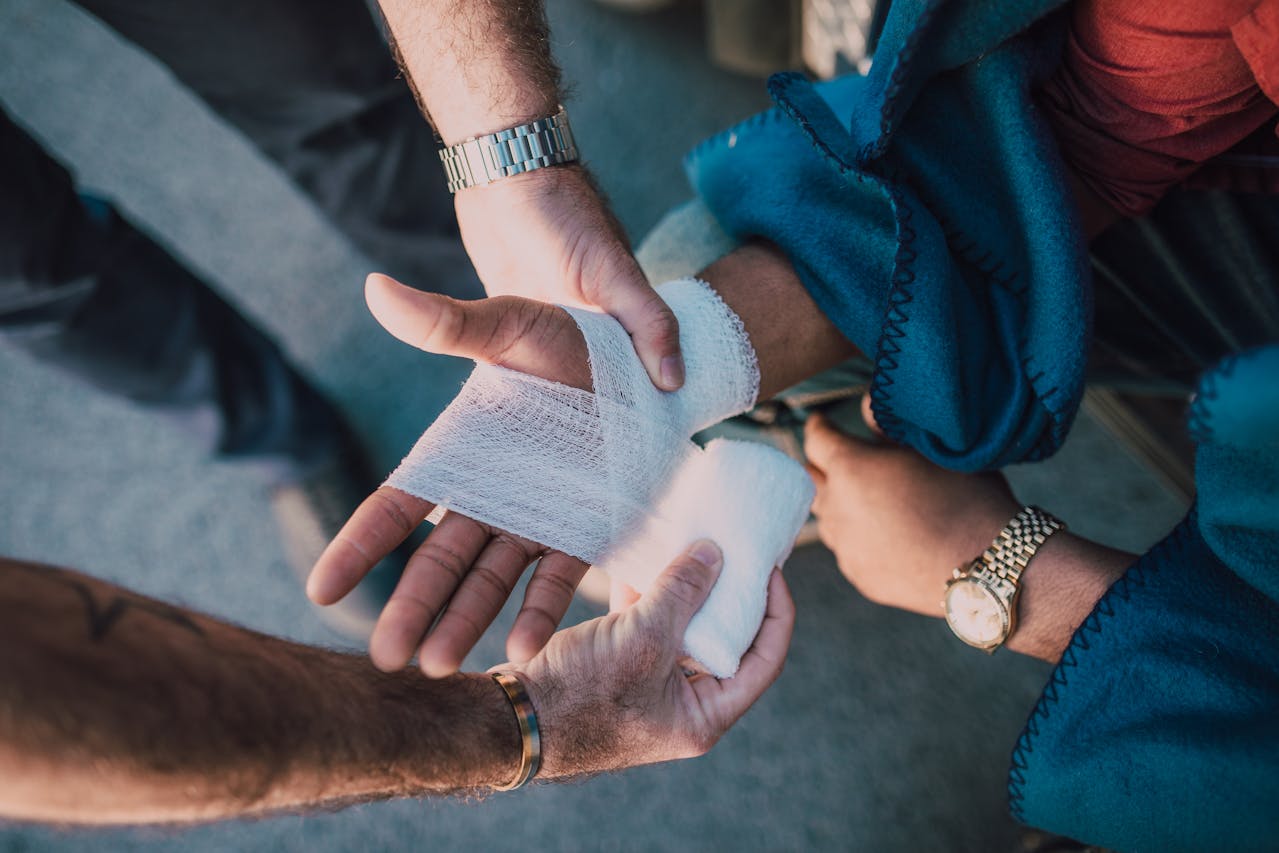
People who are injured because of negligence can claim compensation under certain circumstances. Knowing how the amount will be calculated is important if you want to file a compensation claim in Georgia.
Whether you sustain an injury that will heal over time or a permanent disability, getting to the point where you receive a settlement can be long and stressful. It is not always worth the effort, especially if you do not get the expected compensation.
Catastrophic injuries could mean higher compensation. However, even if you suffer severe injuries because of someone else’s negligent actions, the finer details of your compensation will depend on several factors.
If you suffer minor injuries in an accident or incident, they typically heal over a few weeks or months. These injuries may make your life uncomfortable but will not significantly impact your day-to-day activities.
Minor injuries usually include things like cuts, bruises, whiplash, minor sprains, or even uncomplicated fractures. Catastrophic injuries are the complete opposite. If you suffer catastrophic injuries, they will be severe and alter your life permanently. This means you will either be permanently disabled or need life-long medical care.
This type of injury includes traumatic brain injuries, severe burns, amputations, and spinal cord damage.
Georgia law recognizes the distinction between these types of injuries. This classification influences how compensation is calculated in a personal injury case.
It is important to keep the following in mind when you are in the process of filing a personal injury claim.
Medical expenses. When calculating medical expenses, your lawyer will include past, current, and future medical bills related to the injury. This means they will consider the medical costs of treating your injuries right after the accident and the cost of future treatment. These medical expenses include hospitalization, surgeries, rehabilitation, and ongoing care.
The calculation process considers two primary damage categories: economic and non-economic. Economic damages refer to tangible losses. This is where medical bills, property damage, and lost wages come in.
Non-economic damages are not tangible. These damages include things like mental anguish, emotional distress, and pain and suffering.
Generally speaking, the total economic damages can be calculated using the multiplier method. This means using a factor between 1 and 5 based on the severity of your injuries.
It is also important to note that Georgia follows modified comparative negligence rules. This means that if you are partly to blame for your injury, even if it is catastrophic, your compensation may be reduced by your percentage of fault.
For example, if you want to claim $100,000 but are 40% at fault, your compensation will be reduced to $60,000.
Furthermore, you cannot recover any compensation if you are more than 50% at fault for your injuries.
Most personal injury claims are resolved through insurance company settlements in Georgia. However, your compensation may be limited because of the at-fault party’s insurance policy terms.
For instance, Georgia requires drivers to carry a minimum liability cover of $25,000 per person and $50,000 per accident (bodily injury). If you suffer a catastrophic injury, your expenses will quickly deplete those funds. Fortunately, you may get some extra money from uninsured/underinsured motorist coverage.
Still, it is common to pursue compensation beyond insurance for catastrophic injuries. This means filing a personal injury lawsuit against the at-fault party.
The last thing you want to do is try and adjust to life after a catastrophic injury while working your way through a complex legal case on your own. Hiring an experienced personal injury lawyer is crucial to help you get the compensation you need and deserve.
Personal injury laws are not always straightforward, especially when calculating compensation. Your lawyer will determine the value of your personal injury claim and advise you whether you have a strong enough case to win.
Your lawyer will also build an undeniable case using evidence and legal arguments. Getting a lawyer is important because you need an advocate to ensure you can get a fair settlement, even if you must go to court.
If your case is not settled outside of court, your lawyer will file an official case and represent you during the trial. Either way, your lawyer will continue to fight for compensation so you can move on with your life.